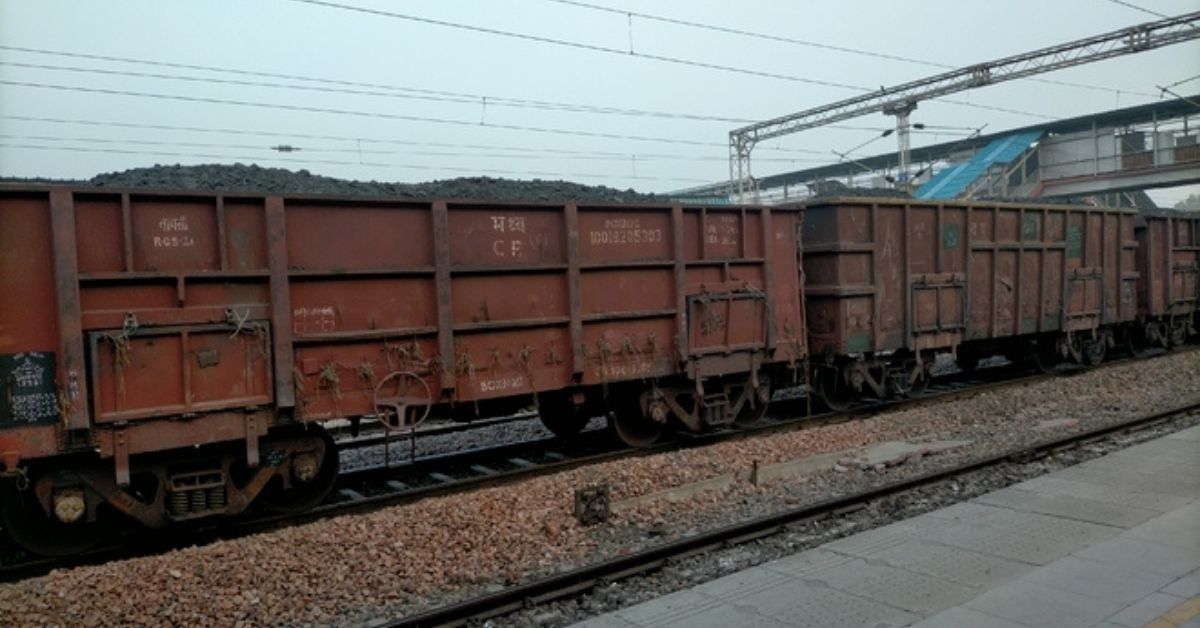In a major setback to the bulk terminals earning on imported coal, the Central government is planning to provide domestic coal linkages to all imported coal-based power plants and run them largely on domestic fuel in order to prevent global supply shocks from disrupting power generation.
The development comes at a time when seven of India’s 15 imported coal-based plants are running at critical levels of coal stock— just 25% of the required inventory—amid high prices of imported coal. India has a capacity of 17,600 MW of imported coal-based power generation.
with India’s coal production set to reach 1 billion tonnes next year, linkages for imported coal-based power projects would also be considered if power plants agree to move to domestic coal. To ensure that the coal supplied to such plants matches imported coal quality, washed coal with low ash content would be made available so that these plants do not need to make major modifications to their configurations.
“We will have enough fuel to support the entire need of power plants, be it on domestic or imported coal, from next year. If the coal prices remain firm in international market, the shift of imported coal-based projects to local fuel would not only prevent disruptions in supplies but will also assure the fuel at almost 60-80% discounted rates,” said one of the officials cited above.
The changes in linkage coal policy are expected to support a host of power stations run by companies such as Tata Power (Coastal Gujarat Power), Adani Power Mundra, Essar Power, Coastal Energen in states such as Gujarat, Andhra Pradesh and Tamil Nadu, JSW Ratnagiri, Udupi Power, IL&FS Tamil Nadu, Simhapuri Energy, Meenakshi Energy, JSW Tornagallu and GSECL Sikka. These plants are completely dependent on imported coal and any disruption in supplies or spike in prices, as is being seen now, causes a decline in output.
The Centre’s target is to enhance domestic production as power demand rises. “The time is going to come soon, may be next year, (when) because of this increase in coal production, the imported coal-based plants may become redundant,” the official said.
During the April-June quarter of the ongoing fiscal, state-run Coal India reported a 29% output growth on a year-on-year basis at 159.8 million tonnes. The company aims to reach an annual production level of 1 billion tonnes in FY24.
A draft coastal logistics policy recently released by the ministry of coal said that “after target of ‘1 billion tonne coal’ is achieved, and imported coal requirement is reduced, additional new linkages may be required” at coastal thermal stations.
Most imported coal-based stations are along the coast as it helps them save transportation costs. The draft policy proposed improving of coal linkages to these coastal plants by sea as rail is costlier. Several coastal thermal power plants that are currently importing coal can use a certain amount of domestic coal for blending based on their technical configuration. Coastal shipping can be a viable alternative for some of these plants located in Gujarat, Tamil Nadu, Andhra Pradesh and Maharashtra. “In future, after dependence on imported coal is reduced and new domestic coal linkages are examined for coastal thermal power stations, such coal linkages can preferably be connected via coastal shipping,” the policy said.







